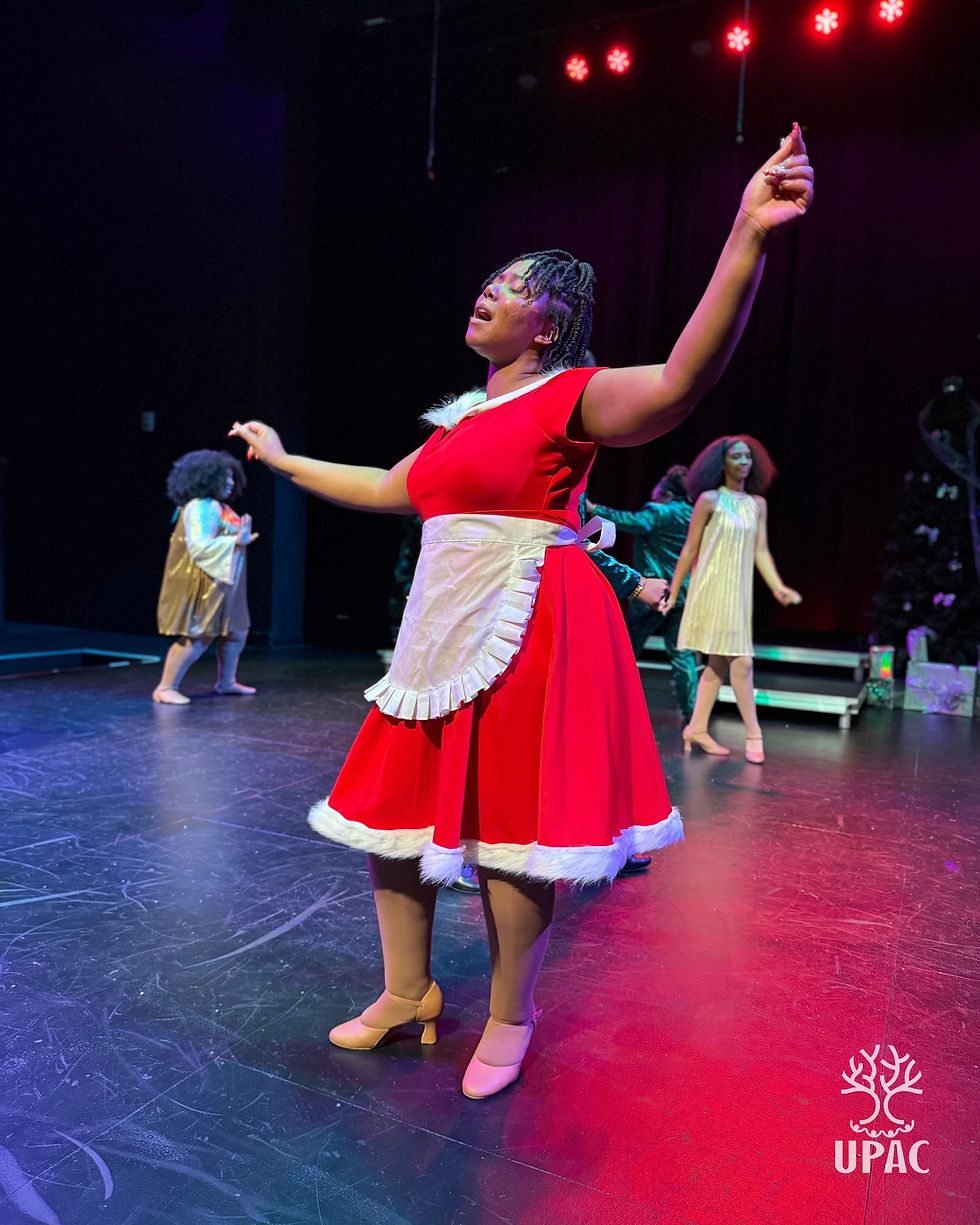First Baby of 2021 Born at the Virginia Zoo
- BA Ciccolella
- Jan 29, 2021
- 3 min read

At birth, the female calf weighed 148.5 pounds, and stood 6’1” tall. Newborns are often walking, and even running within a few hours of being born.
Words and Images Courtesy of The Virginia Zoo.
Virginia Zoo Keepers are delighted to welcome a newborn Masai giraffe calf born on January 11, 2021. At birth, the baby weighed 148.5 pounds, and stood 6’1” tall. This is the eighth calf for mom, Imara, and thirteenth for dad, Billy.

Newborn giraffe calf leans into mom, Imara. The female calf was born on January 11 at the Virginia Zoo. This is the eight calf for Imara and 13th for dad, Billy.
Zoo’s Animal Care Staff had been preparing for the calf’s arrival although the exact due date is never certain. A neonatal exam was performed 24 hours after the birth by the Zoo’s Veterinarian, Dr. Tara Reilly, with the assistance of Keepers and Veterinary Technicians. The exam revealed the calf is a female, healthy and feisty! Mom and baby are bonding, and the calf is nursing well. She appears strong and is already learning to run!

The Zoo’s Veterinarian Dr. Tara Reilly (in blue) with the assistance of other Zoo Keeper and Vet staff perform a neonatal exam. During the exam, blood work is taken, a full-body exam is performed and the sex is determined.
Through the Giraffe Plasma Bank Initiative, the Zoo received an overnight shipment of several doses of giraffe plasma from the Columbus Zoo and Aquarium in case the calf needed additional immune system support. The Virginia Zoo also received an additional dose of giraffe plasma from Essex County Turtle Back Zoo, generously hand-delivered from the Zoo’s relief Veterinarian, Dr. Jonathan Bergmann. Newborn giraffes that take a little longer to nurse can have their immune systems boosted through giraffe plasma transfusions. Luckily, Imara’s calf did not end up needing any plasma.
This birth brings the herd total to six - a record for the Zoo: females, Imara and her calf, Noelle and Kylie, and males, Teddy-Acacia and Billy. The breeding of Billy and Imara is based on a recommendation from the Association of Zoos and Aquariums’ Species Survival Plan® for Masai giraffes. Masai giraffes are currently listed as endangered due to habitat loss and poaching, so the birth of this newest calf is especially important.

Virginia Zoo Keepers guide the newborn calf onto a scale to get her weight and height. The female calf weighed 148.5 pounds, and stands 6’1” tall.
To help support the Zoo’s Act for Wildlife fund, it is asking everyone to help name the baby giraffe. For $5, anyone can submit a name suggestion. The names will then be narrowed down to five options by Zoo Keepers and the final name will picked by mom, Imara. Name entries will be accepted from today, January 14 to January 21, 2021, via the Zoo’s website virginiazoo.org/giraffenaming. Proceeds from the auction will benefit the Zoo’s Act for Wildlife fund that supports conservation efforts locally and around the world.
About Masai Giraffe
Masai giraffe are the largest subspecies of giraffe and the tallest land mammal on Earth. They are native to Kenya and Tanzania and are characterized by their jagged spots. Males reach heights of up to 18 feet tall and females grow to 14 feet tall. Giraffes may bear one offspring after a 15-month gestation period. When a giraffe baby is born, it comes into the world front feet first, followed by the head, neck, and shoulders. Newborn giraffe can stand and walk within one hour of birth. They can also eat leaves at the age of four months but continue to nurse until they are 6 to 9 months old.
About the Virginia Zoo
The Virginia Zoo, located in Norfolk, Virginia, is home to more than 700 exceptional animals representing over 100 fascinating species. Founded in 1901 and residing on 53 beautifully landscaped acres, the Virginia Zoo has demonstrated a commitment to saving and protecting the world’s wildlife by inspiring a passion for nature and taking conservation action at home and around the world. The Virginia Zoo is an accredited member of the Association of Zoos and Aquariums and is recognized as a global leader in education, recreation, science, wildlife conservation, and animal care and welfare. For more than a century, the Zoo has connected adults, families and school children with the natural world and its wildlife. To learn more, visit www.virginiazoo.org.
###





Comments